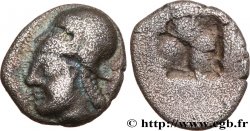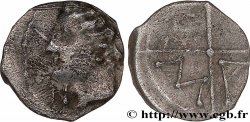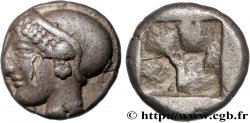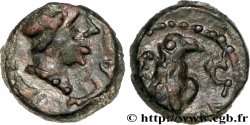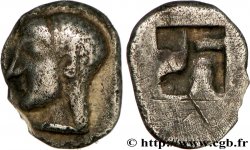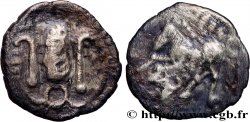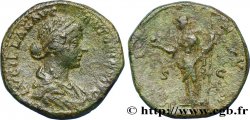Live auction - bga_895643 - MASSALIA - MARSEILLE Trois-quarts de litra au casque ionien, du trésor d’Auriol
You must signin and be an approved bidder to bid, LOGIN TO BID. Accounts are subject to approval and the approval process takes place within 48 hours. Do not wait until the day a sale closes to register. Clicking on "BID" constitutes acceptance of the terms of use of cgb.fr private live auctions.
Bids must be placed in whole Euro amounts only. The sale will start closing at the time stated on the item description; any bids received at the site after the closing time will not be executed. Transmission times may vary and bids could be rejected if you wait until the last second. For further information check the Live auction FAQ
All winning bids are subject to a 18% buyer’s fee.
All winning bids are subject to a 18% buyer’s fee.
| Estimate : | 600 € |
| Price : | 350 € |
| Maximum bid : | 390 € |
| End of the sale : | 05 March 2024 15:34:47 |
| bidders : | 2 bidders |
Type : Trois-quarts de litra au casque ionien, du trésor d’Auriol
Date: c. 480-470 AC.
Mint name / Town : Marseille (13)
Metal : silver
Diameter : 8,5 mm
Weight : 0,83 g.
Rarity : R3
Coments on the condition:
Flan un peu court et irrégulier avec un droit presque complet mais en bord de flan devant le casque. Revers de qualité irréprochable. Fine patine grise
Catalogue references :
Obverse
Obverse legend : ANÉPIGRAPHE.
Obverse description : Casque ionien à droite.
Reverse
Reverse legend : ANÉPIGRAPHE.
Reverse description : Carré creux irrégulier.
Commentary
La série N de Furtwängler est dite "au casque ionien" mais a une palmette sur le casque et est trop légère ; tous les exemplaires décrits ont un poids qui varie entre 0,56 et 0,65 gramme.
Selon la métrologie indiquée dans le Dicomon, cette monnaie n’appartiendrait pas à la série OBA-N (trop légère), mais plutôt à OBB-15 (avec un poids plus lourd, entre 0,55 et 0,88 grammes).
Si deux groupes sont différenciés en fonction des poids, il semble possible d’en proposer un troisième où pourraient figurer le n° 848 de MONNAIES 24 (0,96 g), le n° 1161 de MONNAIES 34 (0,96 g) et le n° 1510 de MONAIES 41 (0,91 g). Ces monnaies, de poids lourd semblent correspondre aux trois-quarts de litra.
Selon la métrologie indiquée dans le Dicomon, cette monnaie n’appartiendrait pas à la série OBA-N (trop légère), mais plutôt à OBB-15 (avec un poids plus lourd, entre 0,55 et 0,88 grammes).
Si deux groupes sont différenciés en fonction des poids, il semble possible d’en proposer un troisième où pourraient figurer le n° 848 de MONNAIES 24 (0,96 g), le n° 1161 de MONNAIES 34 (0,96 g) et le n° 1510 de MONAIES 41 (0,91 g). Ces monnaies, de poids lourd semblent correspondre aux trois-quarts de litra.







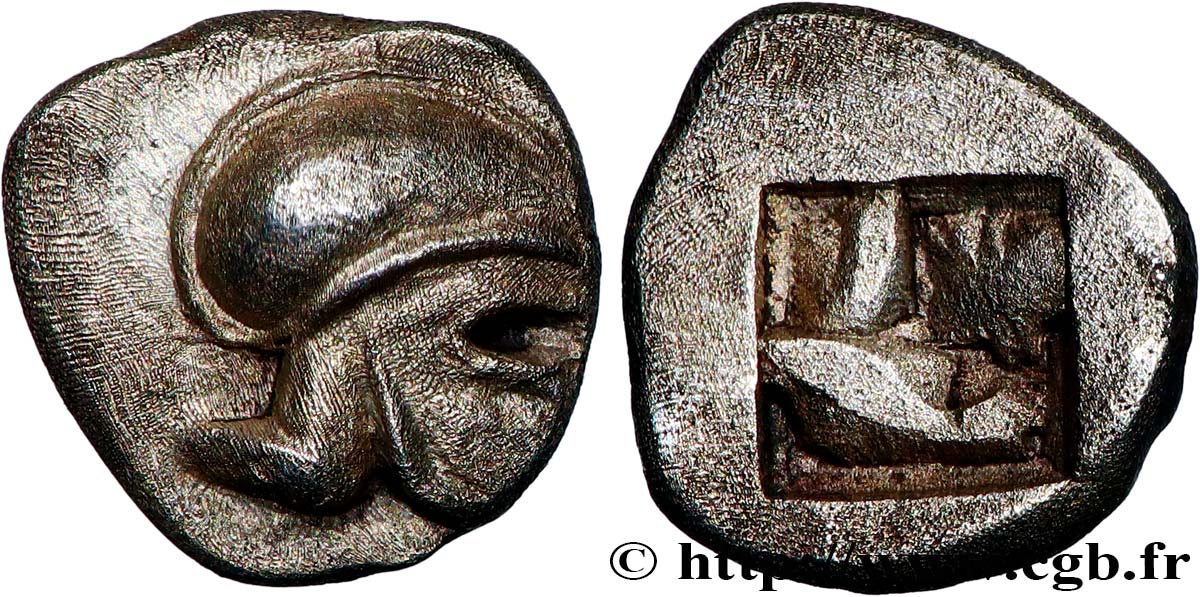
 Report a mistake
Report a mistake Print the page
Print the page Share my selection
Share my selection Ask a question
Ask a question Consign / sell
Consign / sell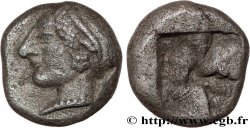
 Full data
Full data